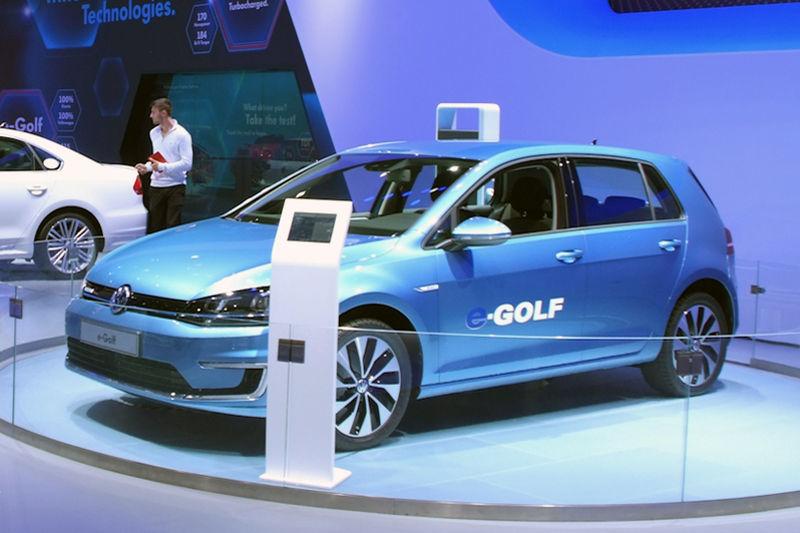
The good news for Volkswagen is that it delivered almost 7.5 million vehicles to customers during the first three quarters of 2015. The bad news is that 8.5 million of VW’s cars will most likely be subject to a mandatory recall -- and that's just in Europe.
The fallout from the Volkswagen emissions scandal continues to reverberate, four weeks after revelations about the installation of “defeat device” software in diesel-powered cars slammed the newswires. Now, the world’s largest automaker is facing a global public relations crisis. This includes its home base: 2.8 million of the recalled vehicles were sold in Germany.
With about 2.4 million of those cars still within Germany’s borders, the company is spinning its wheels to deliver a plan to retrofit the cars. German authorities demanded a mandatory recall, rejecting any suggestion that car owners take their vehicles in for inspection at their own discretion.
Such a directive, instead of a voluntary recall, adds to the company’s costs since Volkswagen is required to contact customers directly and make arrangements for necessary repairs to all cars in question. Notices will start going out in January 2016, and the recall in Germany is expected to last longer than six months. Adding to the company’s financial pain is the possibility that more cars than originally believed will require more than a software reconfiguration. Some diesel cars with 1.6-liter engines, for example, will require actual hardware modifications in the engine. By the time Volkswagen completes the entire global recall, the total price-tag could soar as high as $40 billion (or 35 million euros).
Volkswagen’s executives are doing what they can to present the image of a company that is still operating normally. The company’s new CEO, Matthias Mueller, has been widely quoted as saying Volkswagen can rebound in two to three years. But cuts in research and development are also underway, with over $1 billion slashed from annual budgets through at least 2019. Meanwhile, the automaker promises to focus on how it could introduce more hybrid and electric vehicles in the coming years.
But regulators across Europe and the world are hardly focused on Volkswagen’s promises, including the purported shift away from diesel. With reports that as many as 30 VW executives may have been involved in the emissions cheating scheme, more of the company’s regional offices have been subjected to investigations. Authorities in Verona have searched VW’s Italian headquarters in order to gauge any local involvement, and French officials have conducted similar raids in offices outside of Paris. Furthermore, in the wake of reports Volkswagen cars released 40 times more emissions than originally estimated, transportation officials are pondering an end to tax credits for diesel car owners.
Employees in Volkswagen’s finance department will long be preoccupied tallying up losses from the poorly thought-out decision to tamper with several models of diesel vehicles. The price to Volkswagen’s reputation, however, will cause the company to suffer for a long time -- at a cost far more than the $40 billion disclosed on balance sheets.
Image credit: Mario Roberto Duran Ortiz via Wiki Commons

Leon Kaye has written for 3p since 2010 and become executive editor in 2018. His previous work includes writing for the Guardian as well as other online and print publications. In addition, he's worked in sales executive roles within technology and financial research companies, as well as for a public relations firm, for which he consulted with one of the globe’s leading sustainability initiatives. Currently living in Central California, he’s traveled to 70-plus countries and has lived and worked in South Korea, the United Arab Emirates and Uruguay.
Leon’s an alum of Fresno State, the University of Maryland, Baltimore County and the University of Southern California's Marshall Business School. He enjoys traveling abroad as well as exploring California’s Central Coast and the Sierra Nevadas.














